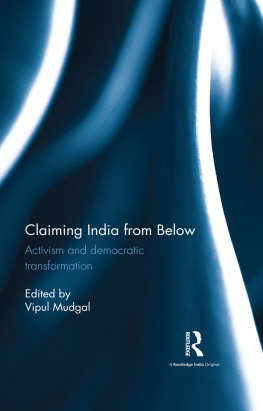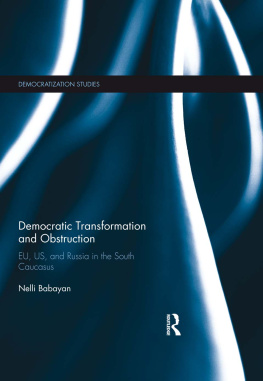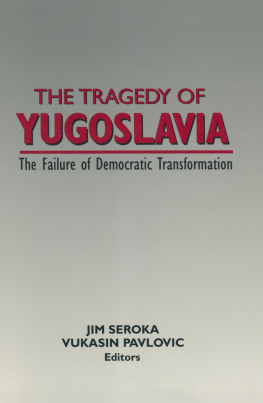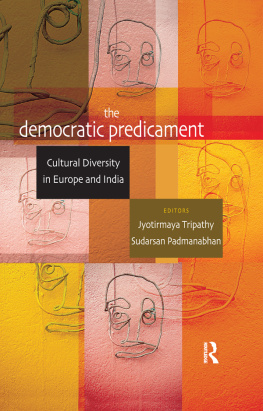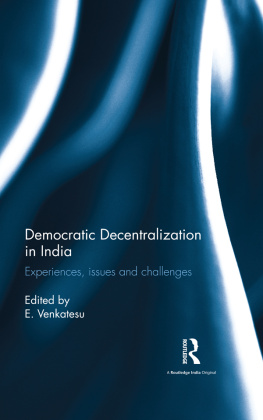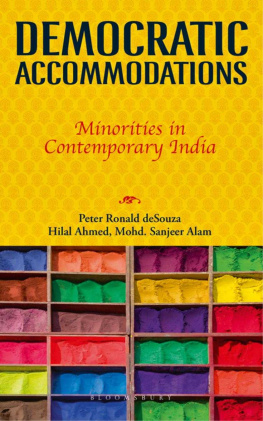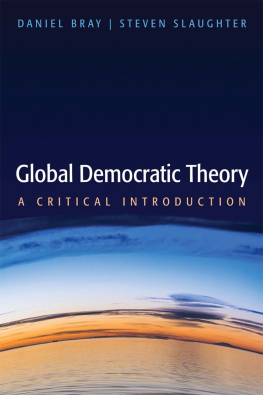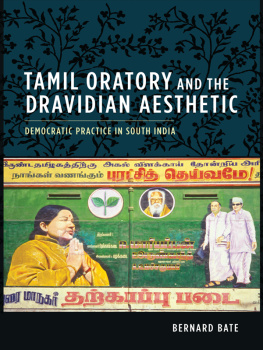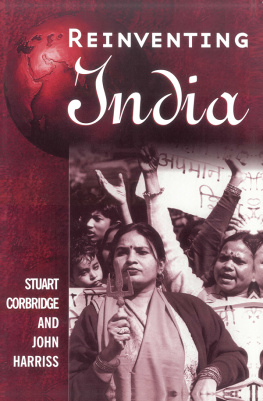Claiming India from Below
Going beyond electoral politics and government, this volume broadens the scope of the functioning of democracy in India and explores citizens role in the implementation of public policy. It looks at the ways in which extra-parliamentary power monitoring devices, such as public institutions, citizens associations or assemblies and the mainstream and emerging forms of the media, permeate through the political order. The volume:
- brings participation and communication in governance and policy-making to the centre stage;
- examines case studies of state and citizen engagement from across India; and
- presents perspectives of practitioners, activists and scholars to provide a comprehensive view of the debates surrounding the idea of Indian democracy.
This book will be useful to scholars and researchers in politics, political science, media studies, public administration, sociology and social anthropology, as well as the interested general reader.
Vipul Mudgal works on the intersections of media, democracy and political violence. He has a doctorate in Media Studies from Leicester University and is a recipient of the Nehru Centenary British Fellowship and Jefferson Fellowship at the East-West Center, Hawaii. He heads Inclusive Media for Change, a clearing house of ideas on development alternatives at the Centre for the Study of Developing Societies (CSDS), Delhi, where he concluded his Visiting Senior Fellowship in October 2014. In March 2015, he joined Common Cause, known for its high-impact interventions in policy and governance, as director and chief executive.
First published 2016
by Routledge
2 Park Square, Milton Park, Abingdon, Oxon OX14 4RN
and by Routledge
711 Third Avenue, New York, NY 10017
Routledge is an imprint of the Taylor & Francis Group, an informa business
2016 Vipul Mudgal
The right of Vipul Mudgal to be identified as the author of the editorial material, and of the authors for their individual chapters, has been asserted in accordance with sections 77 and 78 of the Copyright, Designs and Patents Act 1988.
All rights reserved. No part of this book may be reprinted or reproduced or utilised in any form or by any electronic, mechanical, or other means, now known or hereafter invented, including photocopying and recording, or in any information storage or retrieval system, without permission in writing from the publishers.
Trademark notice: Product or corporate names may be trademarks or registered trademarks, and are used only for identification and explanation without intent to infringe.
British Library Cataloguing in Publication Data
A catalogue record for this book is available from the British Library
Library of Congress Cataloging-in-Publication Data
A catalog record has been requested for this book
ISBN: 978-1-138-95691-9 (hbk)
ISBN: 978-1-315-66546-7 (ebk)
Typeset in Bembo
by Apex CoVantage, LLC
Contents
by Rajeev Bhargava
AMRITA SHARMA AND RAJIV KHANDELWAL
SOWMYA KIDAMBI AND AKANSHA YADAV
ARINDAM BANERJEE AND ANIMESH GHOSH
AJAY DANDEKAR
FELIX PADEL
SANJAY KUMAR
SANJEER ALAM
VIPUL MUDGAL
RAM BHATT
DEVI LEENA BOSE AND SUSAN KOSHY
HEMACHANDRAN KARAH
RUKMINI BANERJI
MATHEW TITUS
VINCY DAVIS
ARUNA ROY
MIHIR SHAH
TRILOCHAN SASTRY
ATISHI MARLENA, PRASHANT BHUSHAN AND REENA GUPTA
Sanjeer Alam is Associate Fellow at the Centre for the Study of Developing Societies (CSDS). He has worked extensively in the Centres Lokniti Programme and on themes including socio-spatial inequalities in education, social exclusion, affirmative action and electoral politics. He has published over a dozen research papers in both national and international academic journals. He has authored a book on Religion, Community and Education: The case of Rural Bihar . He is currently editing a volume Fixing of Electoral Boundaries in India: Processes, Outcomes and Implications and is also involved in the compilation of a Socio-Economic Atlas of Religious Groups in India .
Arindam Banerjee is a Prime Minister Rural Development Fellow in Paschim Medinipur. A masters from TISS, Mumbai, and a former DAAD fellow in Summer, he has worked as a journalist and a media research consultant. As a PMRDF, he currently looks into micro-planning for livelihood, rural art and artisans livelihood, ecotourism, participatory communication cum IEC planning and monitoring and evaluation of several central and state programmes.
Rukmini Banerji has been with Pratham since 1996 (www.pratham.org). Pratham believes that every child should be in school and learning well, and works with communities and schools to improve childrens learning. Currently, this work spans districts in 20 states. Rukminis own research and field experience is from Uttar Pradesh and Bihar. Since 2005, she has led the ASER (Annual Status of Education Report) effort, which is probably the largest annual nationwide survey of childrens learning anywhere in the world (www.asercentre.org). She also likes telling children stories and writing childrens books.
Rajeev Bhargava is Professor of Political Theory and Indian Political Thought and former Director of the Centre for the Study of Developing Societies (CSDS), Delhi. A doctorate from Oxford University, Bhargava has been a visiting faculty at Universities of Harvard, Bristol and Institute of Advanced Studies, Jerusalem, Wissenschaffskolleg, Berlin, and the Institute of Human Sciences, Vienna. He is the author, among other books, of Individualism in Social Science , and the editor of Civil Society, Public Sphere and Citizenship: Dialogues and Perceptions and Secularism and Its Critics. His publications include Individualism in Social Science (1992), What Is political Theory and Why Do We Need It? (2010) and the Promise of Indias Secular Democracy (2010). Bhargava is on the advisory boards of several national and international institutions, and was a consultant for the UNDP report on cultural liberty.
Ram Bhatt is the co-founder of Maraa, a media and arts collective in Bangalore. The initial purpose of the collective was to challenge the prevalent premise that community radio can only be used in strictly developmental sense and that too only in rural areas. He is currently serving as the Vice President of the Community Radio Forum of India. He has worked and published on community radio, telecommunications and Information and Communication Technologies for Development. He is currently a research student at the London School of Economics.
Prashant Bhushan is a lawyer, social and human rights activist and politician. His areas of interest include civil liberties and democratic rights, environment and livelihoods protection and transparency and accountability in governance and judiciary. He is associated with several social organisations such as the Centre for Public Interest Litigation (CPIL), Transparency International, Peoples Union for Civil Liberties (PUCL) and Common Cause among many others. He is known for making big ticket interventions in public life through Public Interest Litigations. He is well known for his opposition to death penalty and special powers for the armed forces in civilian operations.
Devi Leena Bose , an alumnus of the Centre for Culture, Media and Governance at Jamia Millia Islamia, has previously worked as a journalist and has been interested in community media after her work with Ideosync Media Combine. Her area of interest lies in exploring options for community media in resolving conflict situations. She is currently working with Maraa, a Media and Arts Collective, which works on public interest media. Her key area of work includes participatory communication, research and capacity building.

